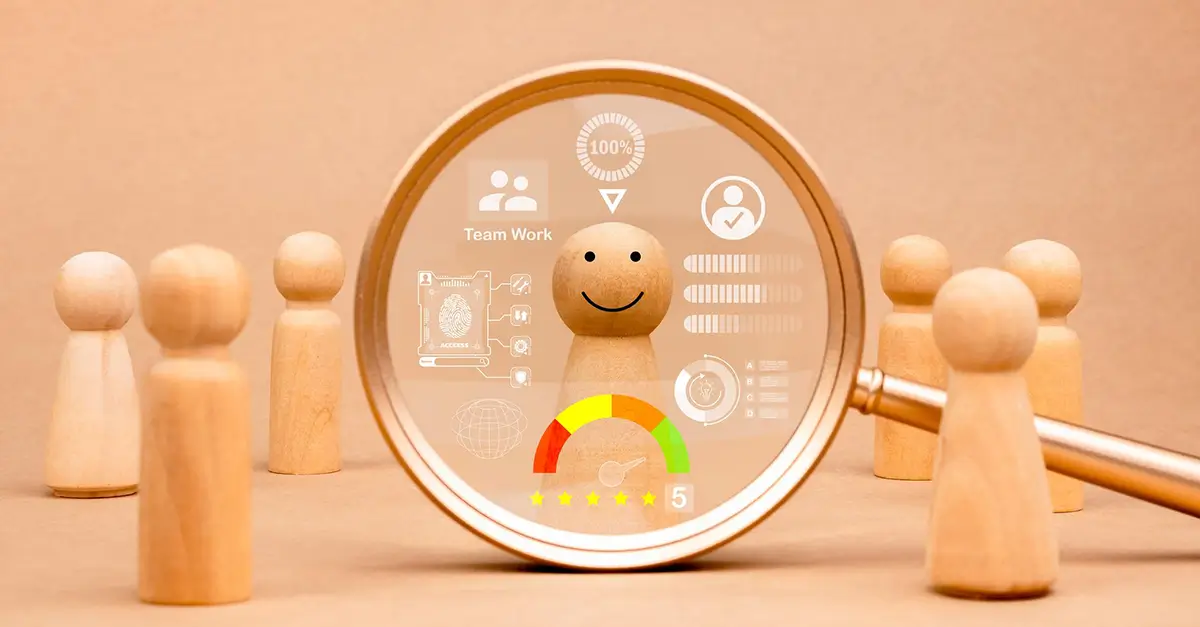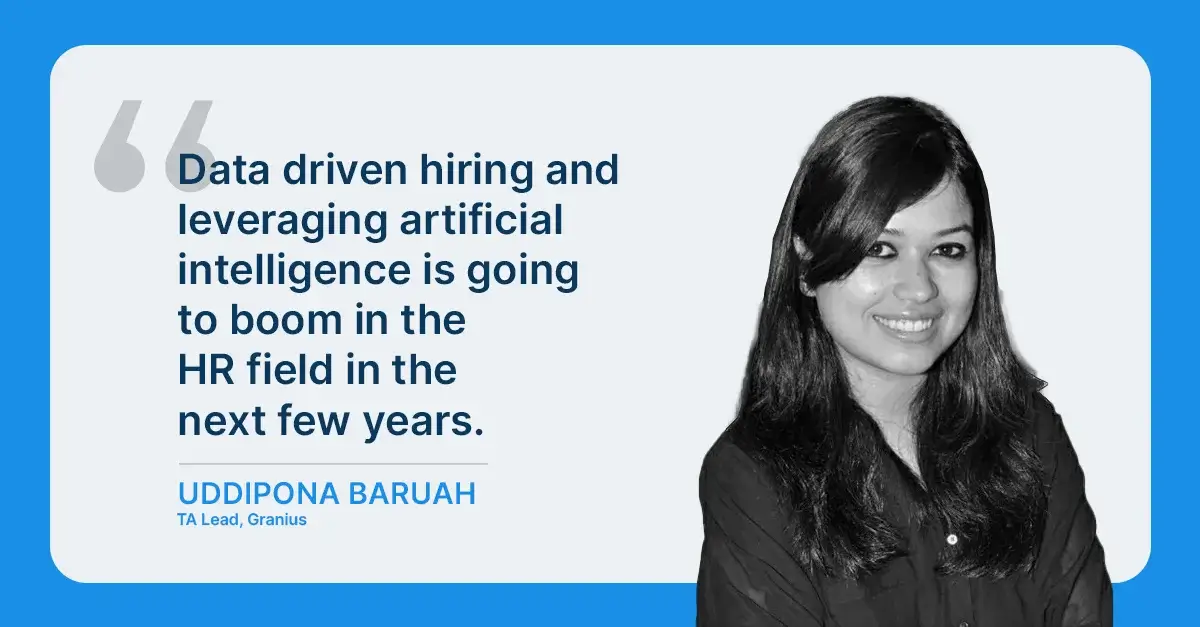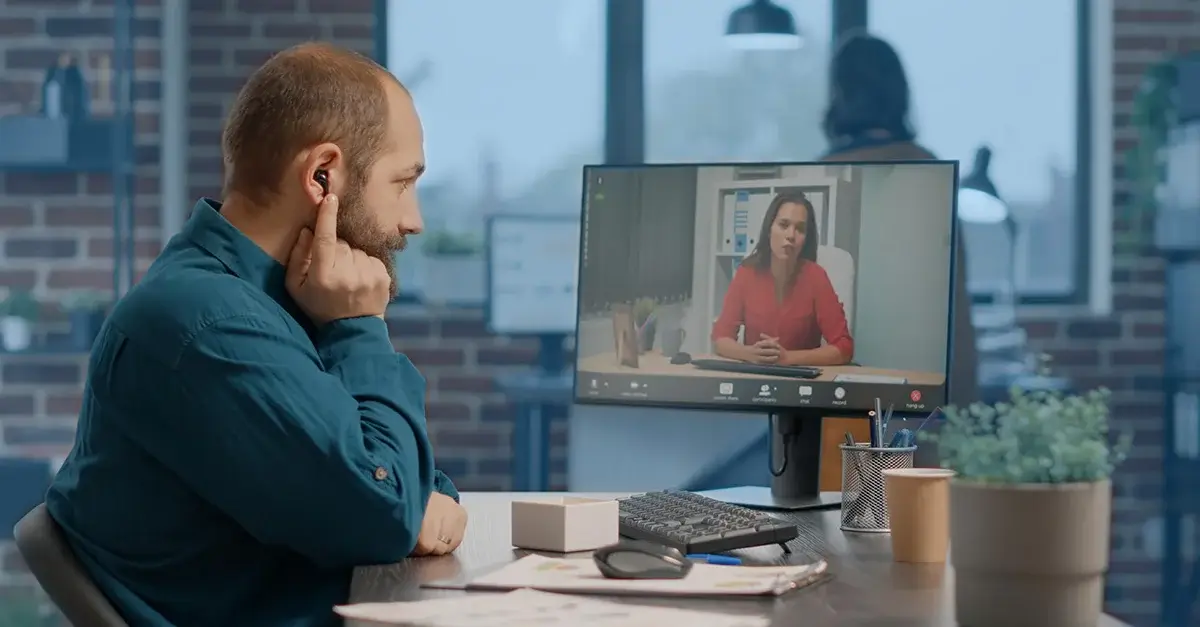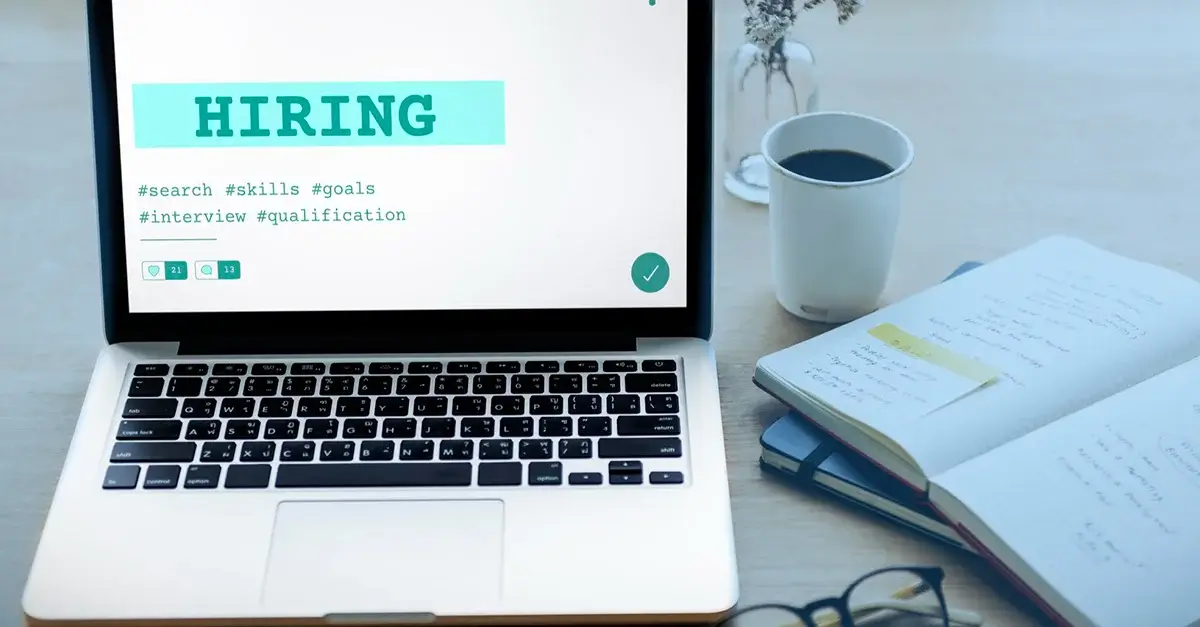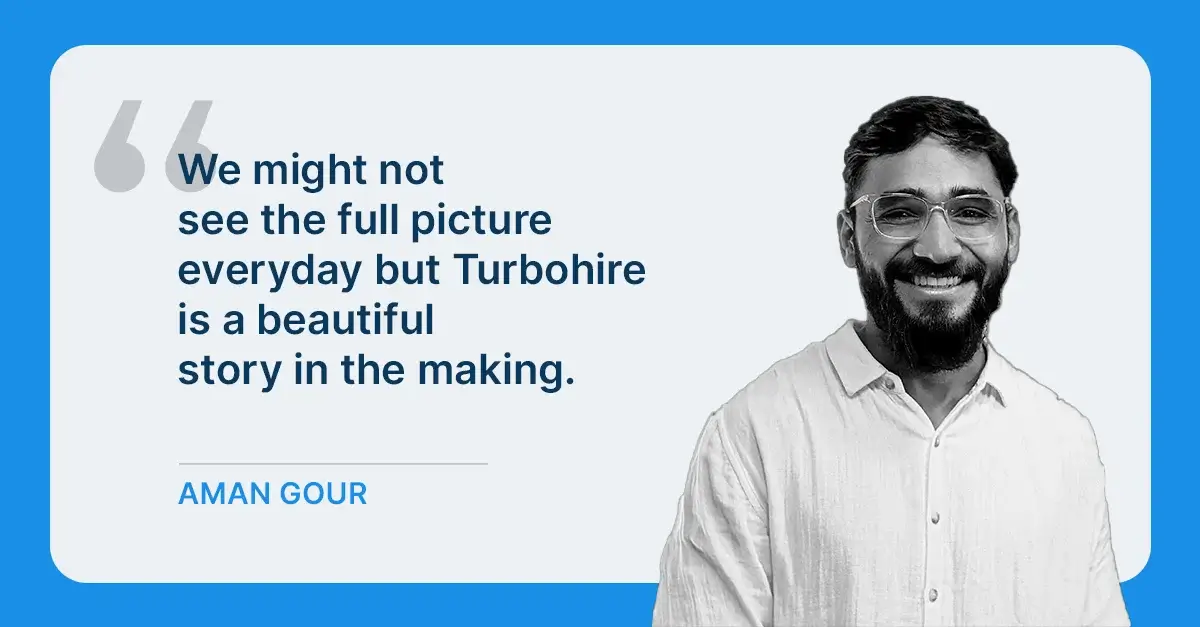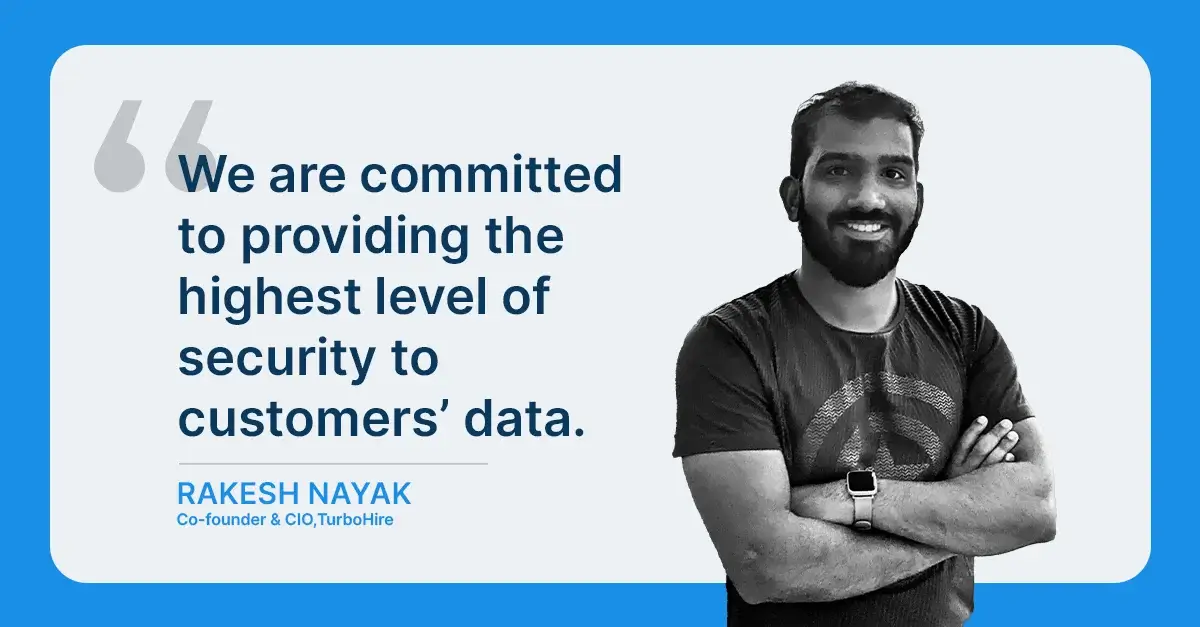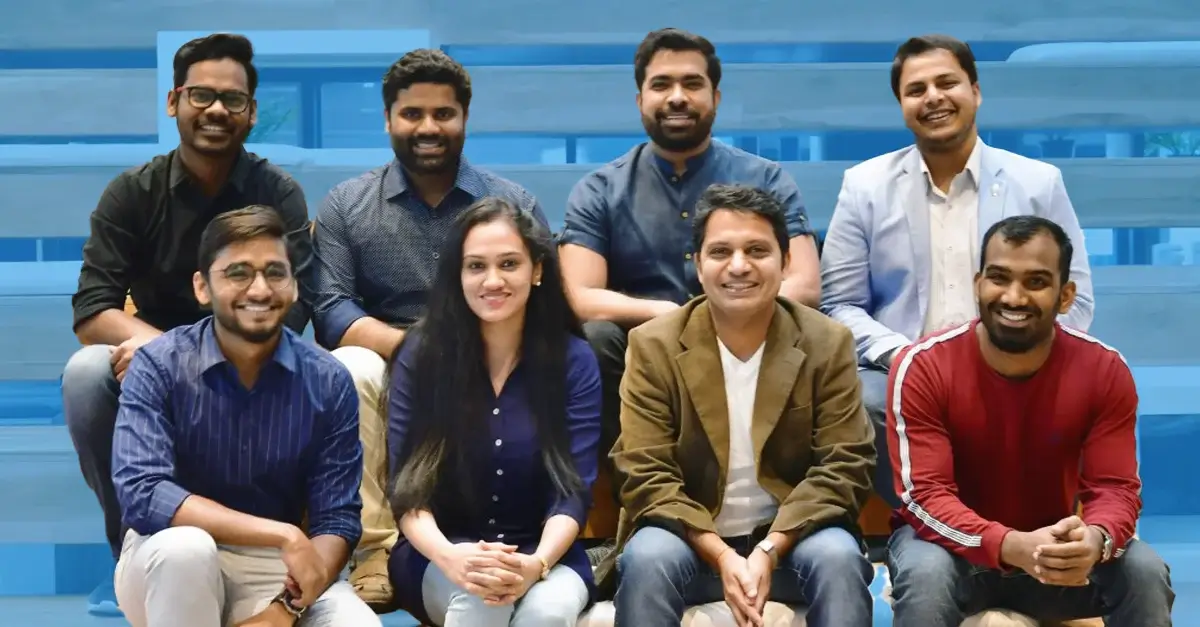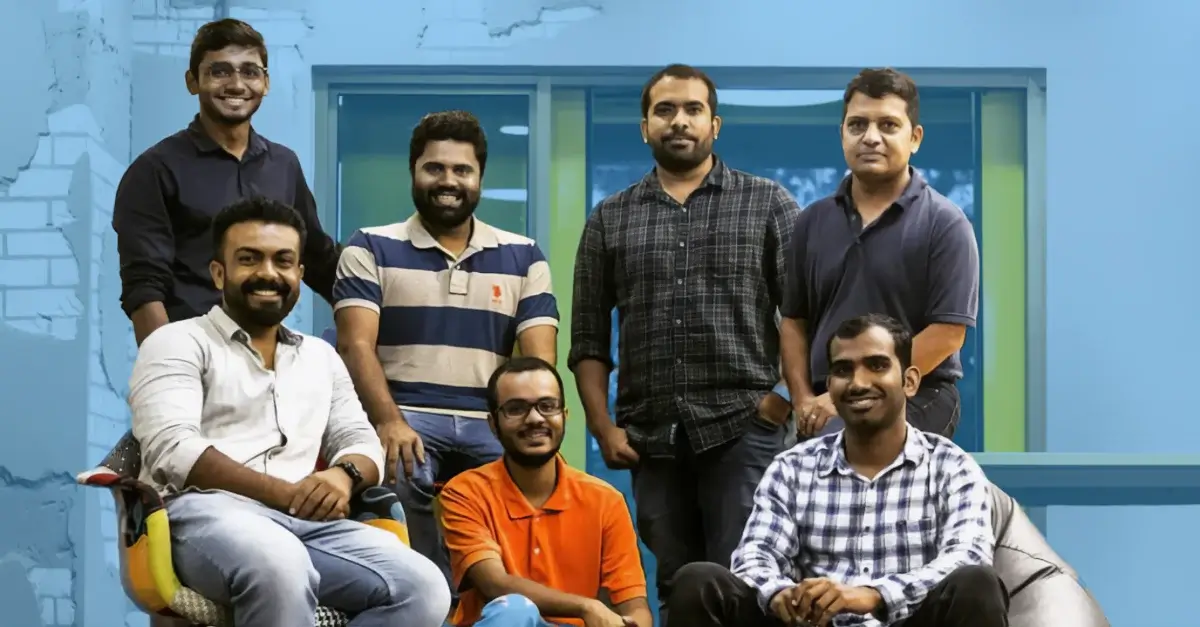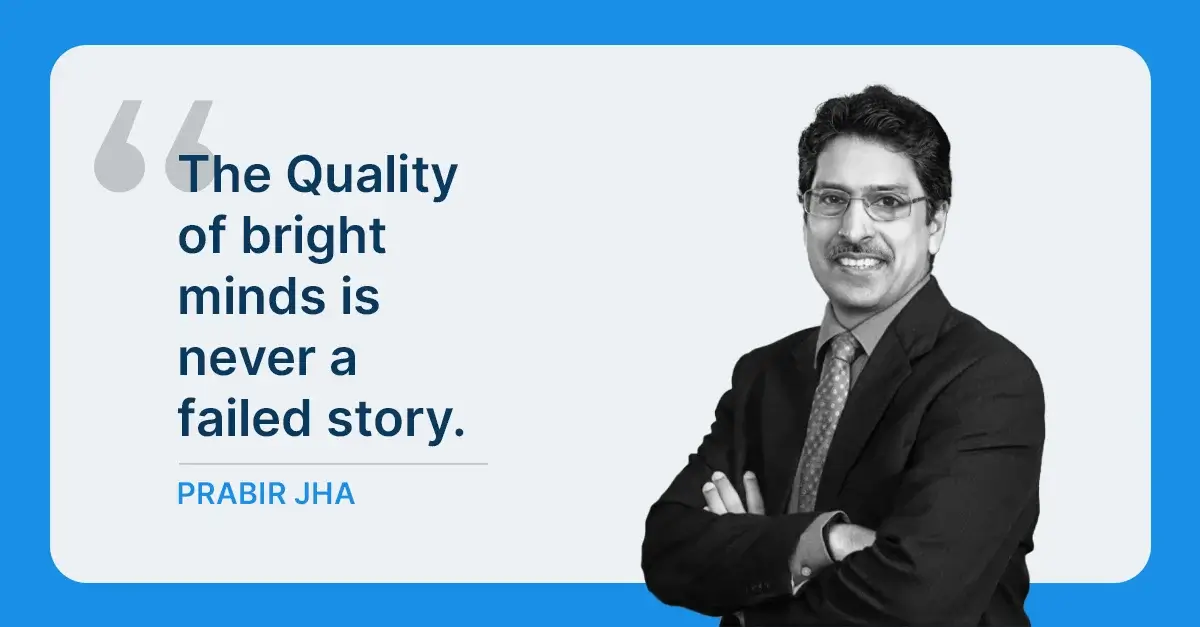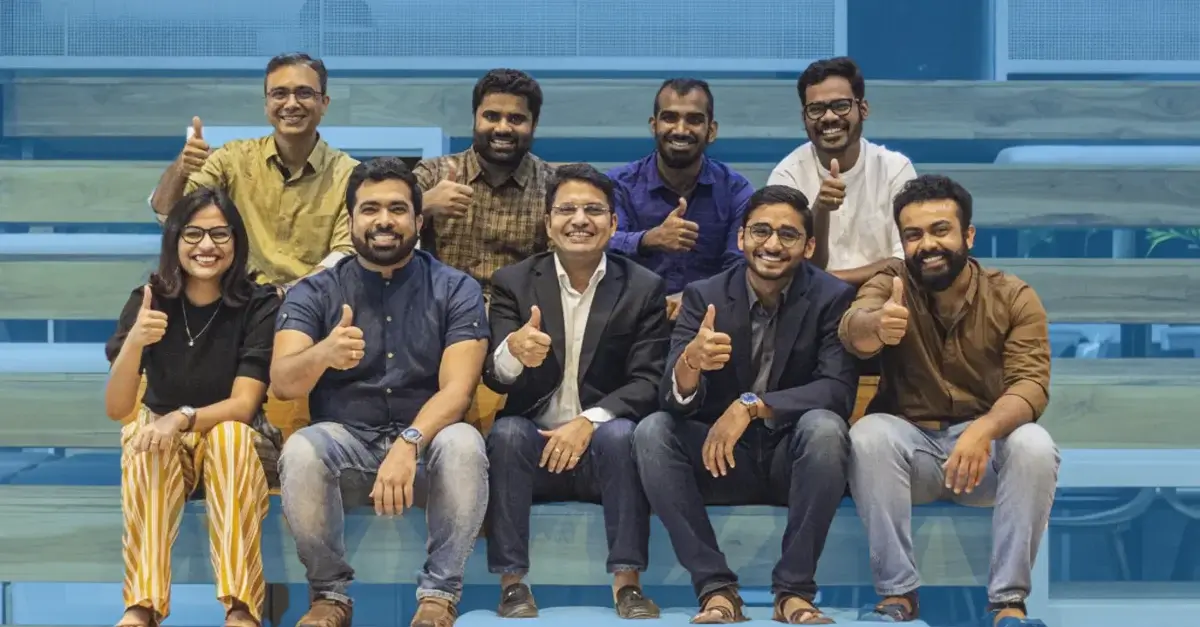Ravish Naresh is the CEO and Co-founder of Khatabook. He has also been the co-founder of Kyte Technologies and Housing.com, an Indian online real estate listing portal that simplifies finding, renting, and selling homes in India. Prior to that, he worked as a summer intern at Deloitte. Naresh holds a bachelor’s degree from IIT Bombay.
About Khatabook
Khatabook is a digital platform that offers a digital ledger to all small business owners in India. It helps to manage books of accounts and it also offers reminders through WhatsApp and SMS for collecting money and making due payments.
Founded in 2019, Khatabook has exceeded 9 million active users. They have become an extensively widespread business spread across 95% of states of India. The company provides a digital platform for businesses of all sizes and merchants of the country, specializing in the MSME sector. The app is available in over 13 vernacular languages catering to a diverse audience in the country.
The company has raised close to $90 million across two rounds from partners of DST Global, Sequoia Capital, and Tencent among others.
Dhrishni Thakuria, Marketing Manager at TurboHire, recently had the opportunity to have a quick chat with the Co-Founder and CEO of Khatabook, Ravish Naresh to discuss how he built the company, the idea behind it, and his take on the current work world.
1. Hey Ravish! Thank you for taking time out for this interview. Let me begin by asking, how did you conceptualize the idea of Khatabook?
Hi Dhrishni, thanks for having me here. Let me brief you on our journey.
The co-founders and I had a shared goal to benefit small businesses and introduce a digital ‘Khata’ to the Indian merchants. At first, we could not indulge small business owners from the country as they were not ready to adopt or trust a digital bookkeeper to look after their daily transactions. However, the recent digital transformations in the Indian landscape coupled with our team’s dedication and commitment made it possible for us to cater to the needs of our businessmen.
At around that time, Jio also launched its digital wave in the Indian market as a free Internet service provider. This led to an increase in the number of internet users in the country and we as a company greatly benefitted from it. It took the accumulation of various factors like these that led to the successful implementation of our idea.
2. That’s very inspiring! Where does your company stand today?
As of now, our company has 9 million monthly active users. We also have a staff management platform called Pagarkhata that is extensively used by over 2.4 million businesses. It aids merchants in the digital management of staff attendance, wages, leaves, payroll, bonuses, etc.
Amidst the pandemic, we decided to launch another platform that instantly creates an online presence of a business. The MyStore app takes less than 15 seconds to get your shop online. This venture performed especially well because of the added advantage of the pandemic and eased the way for social distancing for the merchants.
For us, our customers are our priority and as we know India is a land of diversity. Therefore, we have made all of our three applications available in 12 Indian languages so that merchants from all over the country can take advantage of our services.
3. I agree with you, customers are always the hero. What are your goals for Khatabook in the very near future?
I think India’s MSME sector lies unorganized till today and it could do good with some reorganization. Our company is on a long mission to look after its empowerment and we gladly take it into our hands to power the MSME sector’s business growth so that various kinds of people from all over the country can enjoy its benefits.
We make sure that our clients and users have personal gains from our services. We consider this to be one of the most value-adding factors in their growth. The plan is to enhance our company’s portfolio and lead the way for at least 2 to 3 fold growth for the businesses in the MSME sector. We are also on the way to adding a number of new services and features that would make our platform a simple and easy-to-use one. I personally, stand by the ultimate goal of transforming people’s lives with a digital revolution.
4. Does Khatabook leverage AI-based solutions? What is your take on the advent of AI?
Understanding the Indian mindset can get tricky at times. Especially, when your domain is this big. So using AI-based solutions was more like a need for us. We used AI to deeply understand what our users really wanted. We have extensively used it to grasp user understandings on grounds like their language, location, kind of business, size of business, credit behavior, profit and loss, financial recovery, etc. We make use of this information to create features in our app which would provide solutions to the problems faced by our users financially and personally. Examples could be prevention from frauds and financial risk engines.
5. Since the pandemic, we have witnessed the emergence of a new work world. What are your views on the remote hiring and remote working trends?
I think the concept of remote hiring and remote working did not actually start as trends but as a necessity for companies to keep on flourishing in the present world scenario. At some point in time when the world was first hit by the pandemic, remote work and remote hiring were the only options that organizations across the globe had. Workers, leaders, candidates, recruiters, everybody in the market made the best use of the situation and saw that these trends could actually have an added benefit.
These trends already have a long list of benefits so I will not get into that. But, what I like most about them is how companies across the world have stuck to it even after the pandemic got over.
In India, of course, the situation is different, but in countries where the situation is back to normal, huge companies are still operating remotely. This is mainly because people began to see that going to an office every day is not a mandatory requirement to produce results. In fact, so many companies, including our own did especially well during the pandemic while our hardworking employees were working from the comfort of their homes.
As to the problems of creating connections, I think, solely depends on the individual, as there are numerous platforms available today whose main focus is to help one make connections.
6. How do you feel about the emerging generation of hybrid and contract workers?
I think working remotely has a direct connection and impact on hybrid jobs and contract workers. The benefits of contract workers or freelancers will definitely depend on the company and if they are comfortable working with someone who will only be there for a limited period of time. It will also depend on the kind of job or the responsibilities that the position requires.
Hybrid workers are however a completely different species. These employees or candidates represent a mixture of different talents and skills and every company would be lucky to find candidates who possess a hybrid skillset. Why else do you think most management positions are filled by engineers?
It would be my advice to aspiring candidates to develop their skills in a ‘hybrid’ way to acquire the best positions.
7. Lastly, what is your mantra for dealing with challenges or burnout? Any tips for us?
Burnouts have been a common challenge during the pandemic and I know I do not just speak for myself when I say this. Things cannot always run exactly as planned, so adapting, myself to challenges is something I have learned over these years, or at least I am still trying. What mostly works during burnout is taking a break and returning to the challenge with a fresh perspective. There were times when I had to switch off my phone in order to give my mind a rest and I think that is something every mind deserves.
Taking a break helps you declutter your brain which will later benefit you to solve the problem from a better point of view. This also includes spending time with family and friends and doing non-work-related activities, for example, making time for your hobby.


